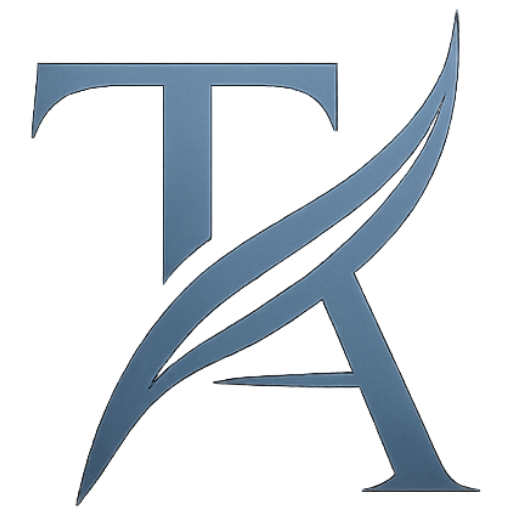When I first managed a market access team, I thought leadership meant having the answers. It didn’t take long to learn that it meant asking the right questions. The pace of science, regulation, and digital transformation means no single person can master it all. The modern access leader’s role isn’t about knowing all, but connecting everything.
From Gatekeeper to Integrator
Access leadership used to be defined by control: approving value messages, managing submissions, and negotiating price. Today, it’s defined by integration. Access leaders sit at the crossroads of science, policy, economics, and ethics. They must translate across functions, anticipate external shifts, and align internal priorities around a single value story.
This requires systems thinking. Every access decision affects development timelines, regulatory perceptions, and public trust. Leading through this complexity means seeing patterns rather than silos.
The Mindset Shift
Modern access teams cannot operate as reactive specialists. They must be proactive strategists. That requires curiosity, commercial acumen, and empathy. It also requires humility — the ability to admit uncertainty and seek collaboration rather than control.
The best access leaders I’ve seen create space for dissent. They encourage cross-functional challenge, because friction sharpens thinking. They mentor their teams to be translators, not technicians.
Building Capability in Context
Access excellence is not built through templates or toolkits. It’s built through context — understanding how policy, technology, and culture interact in each market. Leaders must help teams develop local insight while keeping a global vision. That means investing in continuous learning, cross-country exchange, and analytical fluency.
Digital tools can enhance this, but leadership remains human. Teams need clarity of purpose, not just dashboards. They need to feel trusted, empowered, and connected to impact.
The Cultural Dimension
Access work is emotionally demanding. Negotiating affordability while defending innovation can feel contradictory. Good leaders acknowledge this tension rather than ignore it. They create safe environments where people can discuss ethical dilemmas and learn from setbacks. That honesty builds resilience and integrity.
The Future Skillset
Tomorrow’s access leaders will combine policy literacy, data science awareness, and narrative skill. They will lead teams that understand AI, RWE, and stakeholder psychology equally well. Most importantly, they will redefine success — from short-term reimbursement to long-term reputation.
The Bottom Line
Leadership in access is not about authority; it’s about alignment. It’s the art of turning complexity into coherence and making the invisible work visible. The innovation economy rewards those who connect the dots — not those who guard them.
Key Takeaways
- Modern access leadership is integrative, not hierarchical.
- Systems thinking drives smarter decisions.
- Psychological safety fosters ethical and strategic growth.
- Capability comes from context, not checklists.
- The future leader connects purpose with performance.
Try This
At your next team meeting, ask everyone to share one external trend they believe will reshape access in the next five years. Then discuss what skills you’d need to adapt. Turn that into your development agenda.
Closing Thought
If this reflects your leadership experience, share it. The access leaders who thrive in the innovation economy are those who listen as much as they lead.




